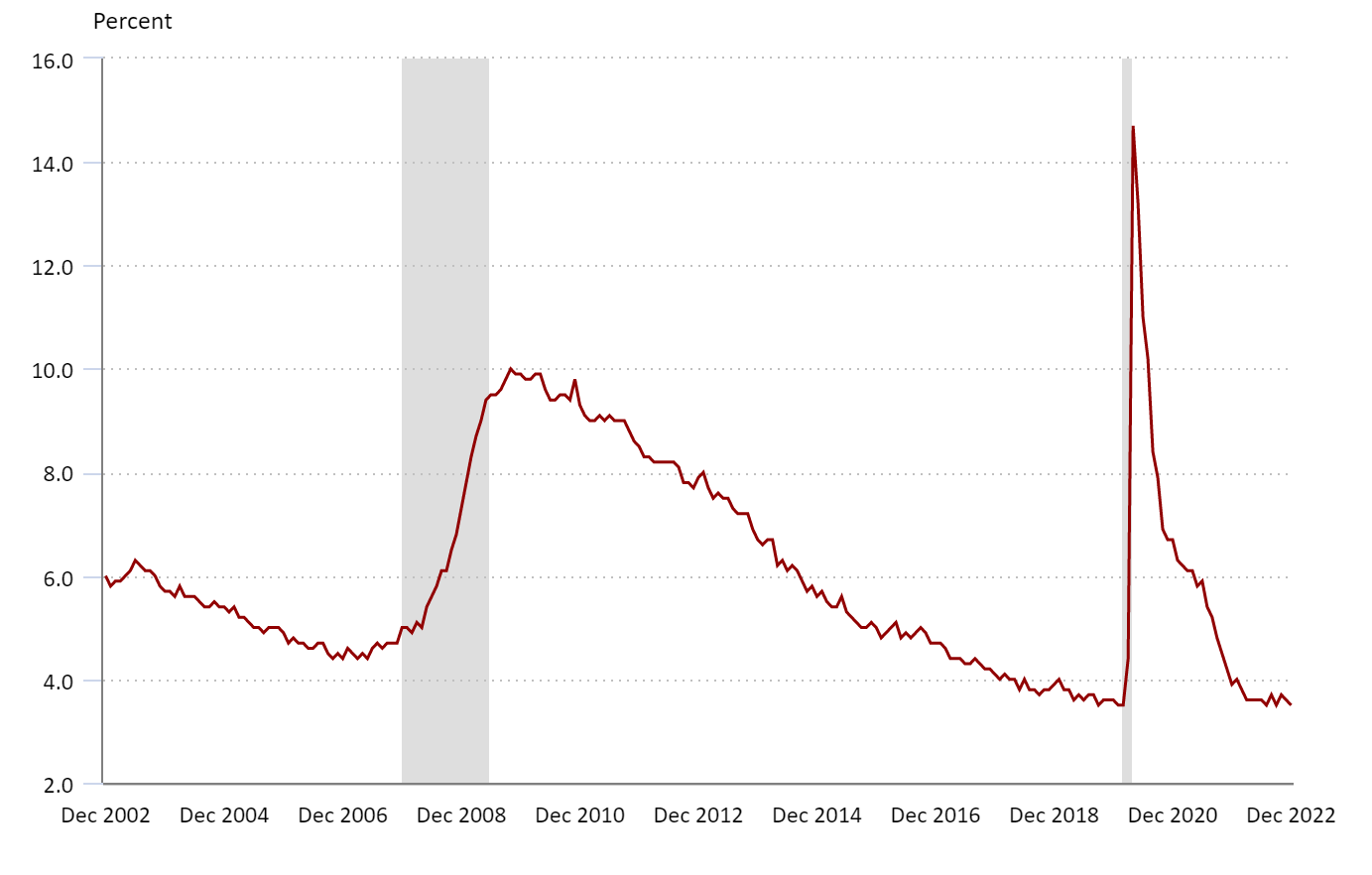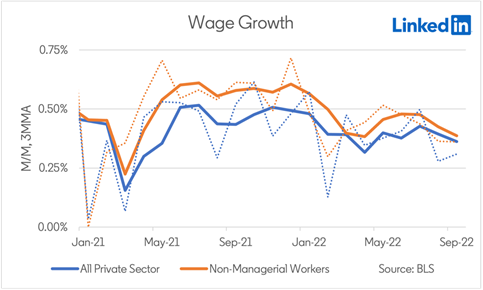If you’ve posted a job listing, you’re likely aware about the emphasis on experience when hiring a new team member. However, times might just be changing as new approaches to evaluating job candidates are emerging. In the realm of accounting and finance, companies need skilled professionals who can handle financial data, interpret trends and make strategic decisions that impact the bottom line. As a manager in this industry, you know just how valuable experienced employees can be. However, you may be missing out on an untapped source of talent by focusing solely on experience. Let’s explore why hiring for potential might just be as important (if not more so) as hiring for experience in the accounting and finance industry.
1. It’s a long-term investment
Experience is valuable, but it can also be limiting. People who have been doing the same thing for years may not be open to new ideas or ways of approaching problems. By contrast, hiring someone for their potential — or hiring someone based on their skill set rather than their years of experience — can prove valuable.
When you hire someone with potential, you’re investing in their long-term growth and development. They likely have fresh ideas, are eager to learn and, ultimately, they’re more likely to take on new challenges that can benefit your business.
2. It creates diversity
When it comes to diversity, it’s important not to overlook diversity of thought. When you hire strictly based on experience, you tend to hire people with the same qualifications, with similar backgrounds. This opens the door to a lack of creative thinking and problem-solving skills within your team. But when you pursue candidates with different experience levels, backgrounds, education levels or interests, you’re more likely to build a well-rounded team that is more apt to look at challenges from a multitude of perspectives.
3. It can add unique skills and strengths to your team
Hiring for potential is not synonymous with hiring inexperienced candidates. Rather, it means hiring someone whose potentially nonlinear professional background has led to unique skills or strengths that may look different from those typically in the accounting and finance path of progression. For example, someone with experience in a different industry might bring skills (like attention to detail, for example) that can be applied to the field of accounting and finance. Or, a candidate with strong analytical skills from a different field can still be a valuable asset to your team. The key ingredient in successfully hiring for potential is looking for an eagerness and a willingness to learn.
4. It can reduce the risk of burnout
Burnout is a hot topic in today’s accounting and finance industry. If an individual has been doing the same day-to-day tasks for years, chances are they’re going to become bored or dissatisfied. But by focusing on someone’s potential, you’re hiring candidates that are eager and excited to take on the new challenges of the role. This creates a healthy culture of growth while also reducing the risk of burnout.
Ultimately, by focusing on potential, you can build a team that is passionate to learn and eager to grow with your business. Are you currently looking to add a member to your team? Contact us today; we’re here to help you with your talent search.















